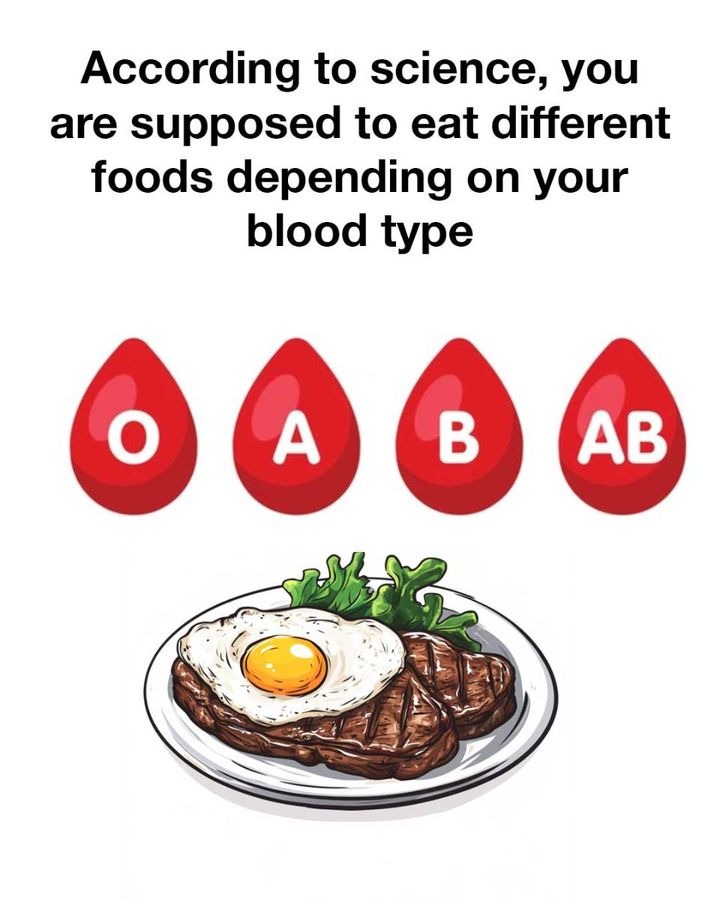Blood type AB individuals are advised to follow a diet that combines elements of both type A and type B guidelines due to their possession of both A and B antigens. Recommended foods include tofu, seafood, dairy, green vegetables, and certain grains like quinoa and brown rice. Avoided foods are chicken, corn, buckwheat, and kidney beans. This diet emphasizes foods that support the complex immune system and digestive needs associated with having both A and B antigens.
Blood Type O: Recommended and Avoided Foods
Type O individuals, characterized by the oldest blood type in evolutionary history, are recommended to eat a high-protein diet primarily rich in meats, vegetables, fish, and fruits. Foods to avoid include grains, legumes, dairy products, and certain fruits like melons and oranges. This diet supports the theory that type O individuals have higher stomach acid levels, making them well-suited to digest animal proteins more efficiently.
Benefits of Adhering to a Blood Type Diet
Adopting a Blood Type Diet may lead to various health benefits according to its proponents, including improved digestion, increased energy levels, and better weight management. Since the recommendations emphasize whole, unprocessed foods and the avoidance of typically problematic foods (such as excessive sugars and unhealthy fats), many people report feeling healthier and experiencing fewer digestive issues.
Criticisms and Controversies Surrounding Blood Type Diets
The Blood Type Diet has garnered significant criticism from nutritionists and medical experts due to the lack of robust scientific evidence to support its claims. Critics argue that there’s insufficient research demonstrating that blood type significantly affects dietary needs. Furthermore, some studies have found no solid link between blood types and food reactions, deeming the diet too restrictive and potentially imbalanced if not carefully planned.
Current Research and Future Directions
Current research on the Blood Type Diet is limited and often inconclusive. While some small studies claim minor connections between blood types and certain health outcomes, large-scale, peer-reviewed research is required to validate these findings. Future directions in this area may include more comprehensive studies examining the interplay between blood types, genetic markers, and diet, providing a clearer picture of whether blood type should indeed dictate our nutritional choices.
Conclusion: Is Blood Type Diet Right for You?
Deciding whether the Blood Type Diet is right for you requires careful consideration and possibly consultation with a healthcare provider. While anecdotal evidence suggests potential benefits, the lack of solid scientific backing means it may not be suitable for everyone. Therefore, it’s important to approach this diet with a critical mind, ensuring that your nutritional intake remains balanced and caters to your individual health needs.
ADVERTISEMENT

